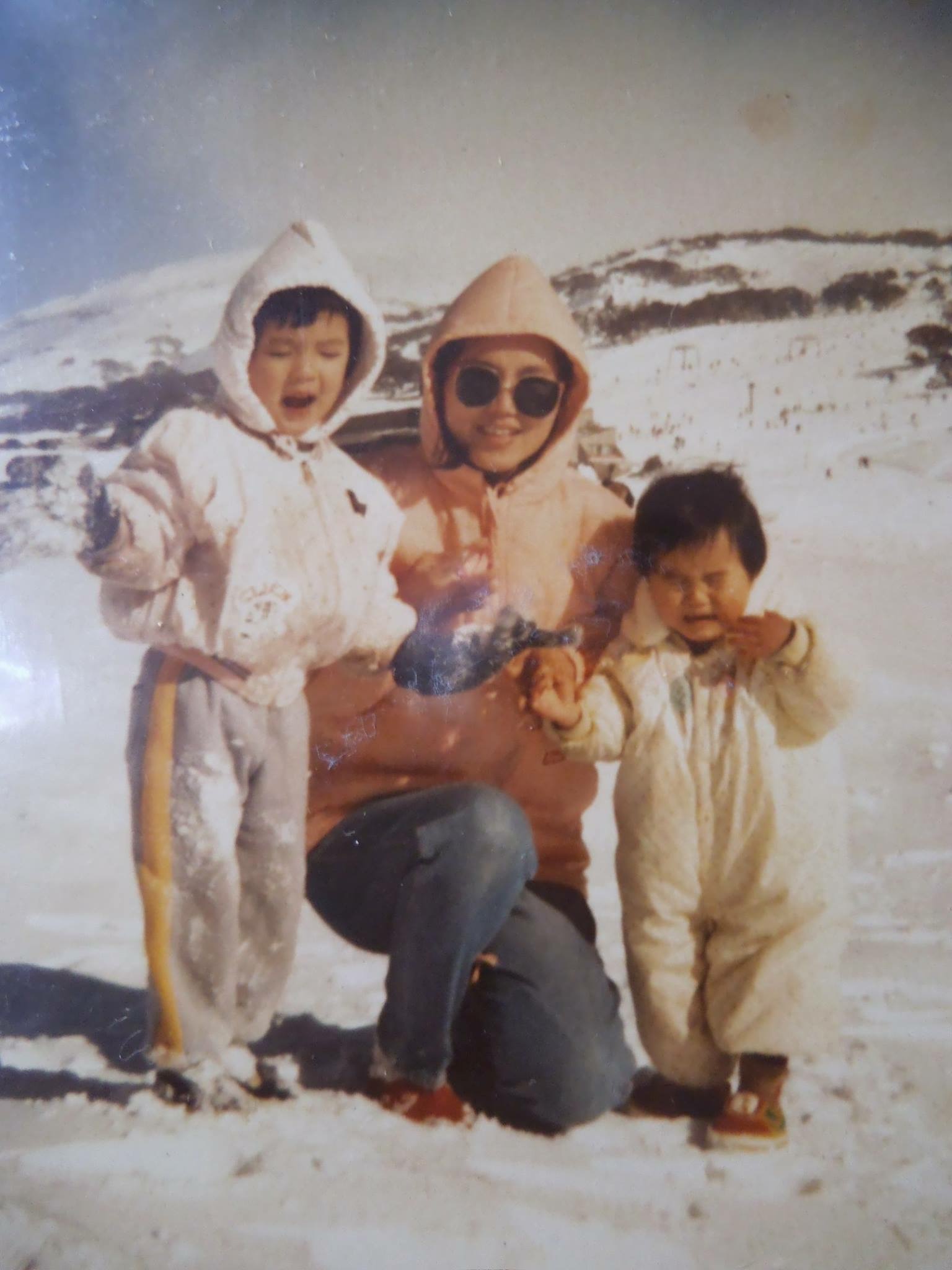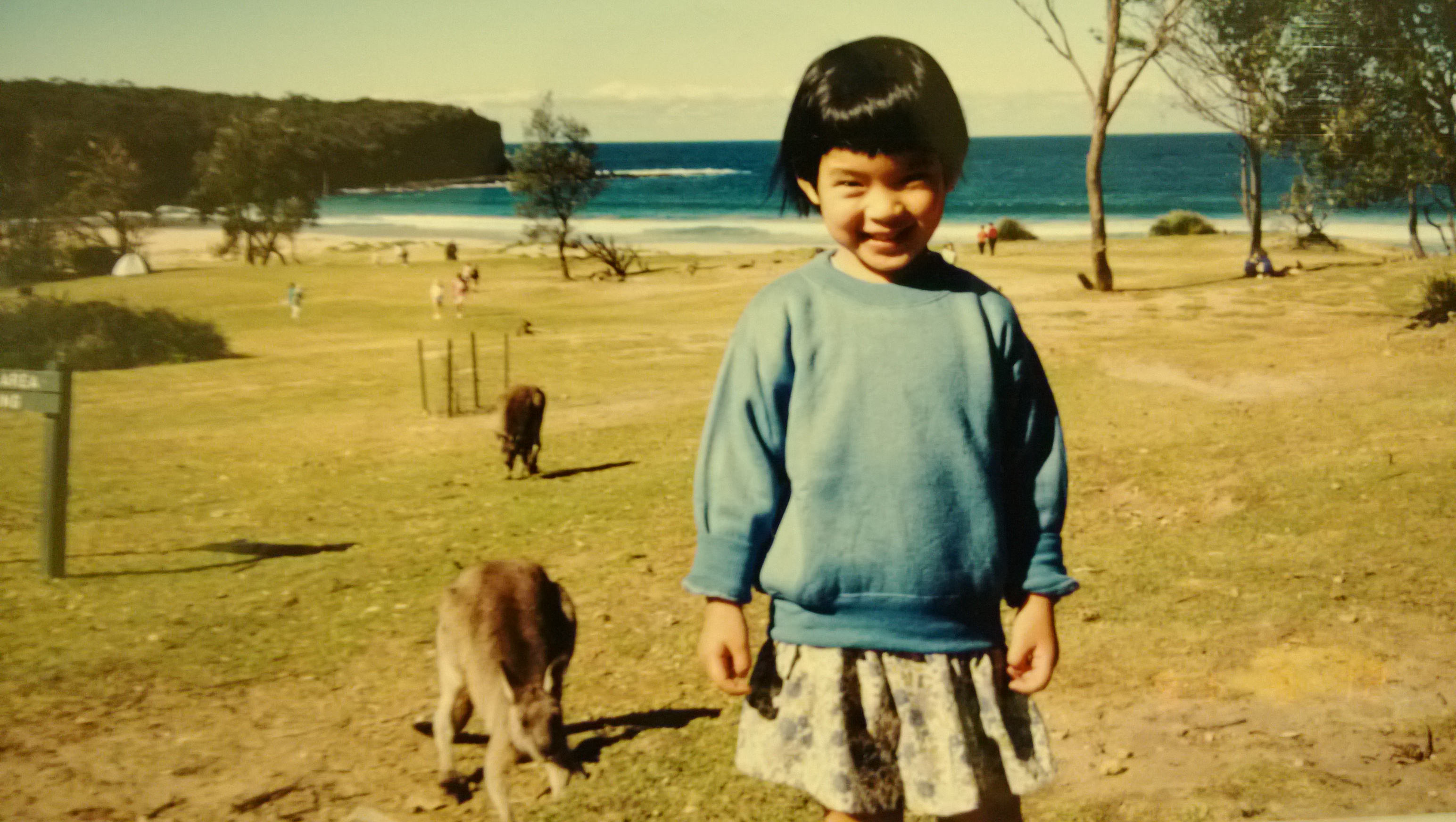I am in love with language.
I love diphthongs and glottal stops; reflecting on whether a verb is transitive or intransitive, or potentially both; the correct placement of apostrophes; creating new words based on established rules; learning new languages and discovering the connections and echoes between vocabulary, syntax and grammar on the one hand, and culture on the other.
I speak English and Spanish, a decent amount of Indonesian, and I’ve dabbled in Tetum and Javanese. Not long ago, I blogged about how much Spanish has become a part of my life and faith.
But the most mysterious language for me remains my mother tongue: Cantonese.
To avoid confusion, I generally insist that English is my native language. I received all of my education in English, it’s what we spoke in my family growing up and it’s what we speak now.
But technically, it’s not my first language.
My mother tells me that before we emigrated to Australia, which was a little after I turned 3, I knew only Cantonese. Relatives were forbidden from using English with me. But when I started picking it up in preschool apparently I refused to speak anything else.
I often say that as a result I now speak Cantonese like a 4-year-old – I know how to state that I’m hungry or tired or want to pee, or that my sister’s being mean to me.

Yet when I hear it spoken – in shouted market conversation, in fragments in movies, or gently from the pulpit – Cantonese reaches a part of me so deep that I don’t even know exactly where it sits. The sonar can’t pick it up.
It’s familiar and foreign, at the same time.
I have a friend who believes memory is tied to language learning. He reasons that his earliest recollections date to when he was 2 because Spanish-speaking kids acquire the phonetic language faster and sooner than native Anglophones.
An interesting theory, but I remain doubtful. True, my earliest clear memory is of clambering over the metal bars on the playground at my preschool and I must have had at least rudimentary English by then.
The photo below was taken by my dad around that time. I remember this trip although I don’t remember posing for the camera. I remember it as fragments, impressions, as a simple sensory experience. Bizarrely enough, I don’t remember the sea – just the bush and the kangaroos. I think I was literally short-sighted as a child, before the usual myopia set in.

I don’t remember anything before English.
But what of my life in Cantonese?
I am long past any regret, embarrassment or disappointment about abandoning the language of my family. It is what it is, and even if I were to go back in time, I’m not sure I would change that (I wonder if my parents would).
Every now and then I’ll dream in Cantonese, having conversations my conscious mind can’t comprehend. I couldn’t say if these involve real words dredged up from the shadowy pits of my brain, or mere nonsense that my dreaming self labels “Cantonese”.
It’s common enough to dream in a language you are currently learning – it’s a good sign of progress. But what about a language you used to know?
What would happen if I were to relearn my first language? What might that unlock?
I was combing my mental contact list, trying to think of someone other than my sister who might be in the same boat as me in terms of lacking fluency in their first language. Couldn’t think of anyone.
Naturally, I turned to Google, which directed me to this BBC article, in which readers share their experiences of gaining and losing language. None of the anecdotes provide a match for my exact circumstances, but there are definitely a number of reflections that echo my relationship with the English and Spanish languages.
So for now, I guess, it’s no Canto for me – I’m okay leaving this particular mystery unresolved.



1 comment